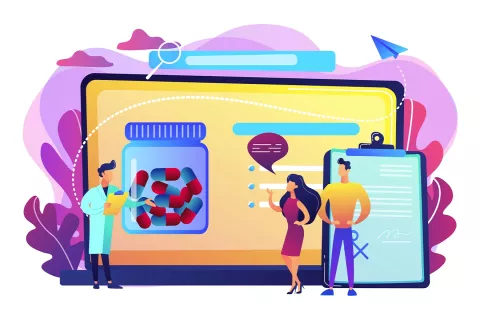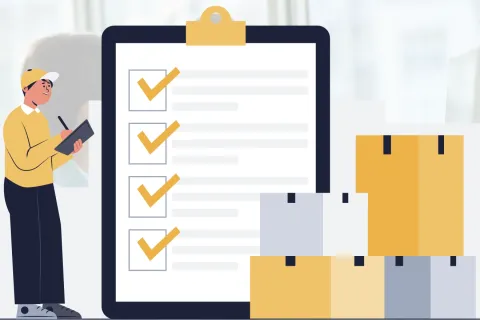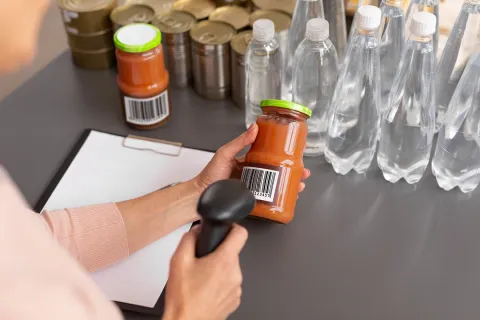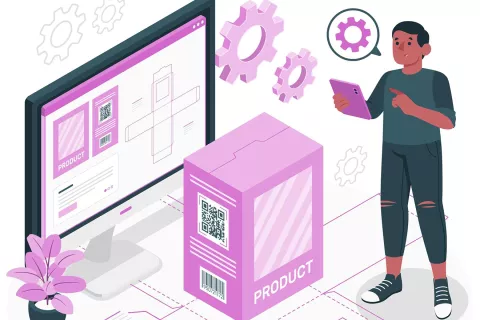In-depth analyses will highlight how pharmaceutical packaging, labeling, serialization, tracking, and traceability enhance consumer safety and transparency in the supply chain, as well as benefit pharmaceutical packaging that go beyond compliance with laws.
As the pharmaceutical industry continues to evolve and discover new supply-chain technologies, an integrated software solution could be the answer for meeting the myriad tracking and tracing requirements around the world. This could be very critical as systems throughout the pharmaceutical supply chain are integrated to allow product tracking from manufacturing through dispensing. Serialization in data needs to be maintained and reconciled between products, cases, and pallets within the warehouse, and ultimately needs to be tracked throughout the supply chain. This significantly increases the captured and stored data. However, very few manufacturers have a way of using that data to gain visibility into their products throughout the supply-chain at present. One challenge many are facing is the fragmented nature of the supply-chain IT.
To this end, many manufacturers have implemented systems that are required for applying and capturing serialization data within their packaging processes. But in general, they have not addressed the implications of tracking those numbers throughout the entire pharmaceutical supply chain. For pharmaceutical manufacturers with a manageable product line, serialization can often be implemented using an off-line, self-contained solution like providing serialization data off-line from the packaging line and may extend to the model level of aggregation. Sophisticated systems are being implemented by global pharmaceutical companies, which need to serialize and aggregate a large number of products across many packaging lines in multiple locations.
Almost every medium-sized or small-sized drug manufacturing facility has the limitation of space to accommodate more serialization or aggregation equipment. In many aspects, working with more partners will make serialization more difficult for the drug companies as well as for their contracting partners.
It is time for drug companies and their supply-chain partners, including their contract manufacturing and packaging partners, to set out certain expectations on serialization projects while getting started. Multiple stakeholders are creating processes and tools to increase the effectiveness of post-serialization packaging lines. By all accounts, the pharma-traceability global initiative driven by the Drug Supply Chain Security Act (DSCSA) in the US and by European Falsified Medicines Directive (EFMD) in the EU, is moving ahead with contracts for hardware and software being awarded while the project managers are getting into the business with implementation.
To streamline Regulatory artwork operations and remain at the forefront of cutting-edge compliance, get in touch with a proven Regulatory expert like Freyr.
Stay informed. Stay compliant.









